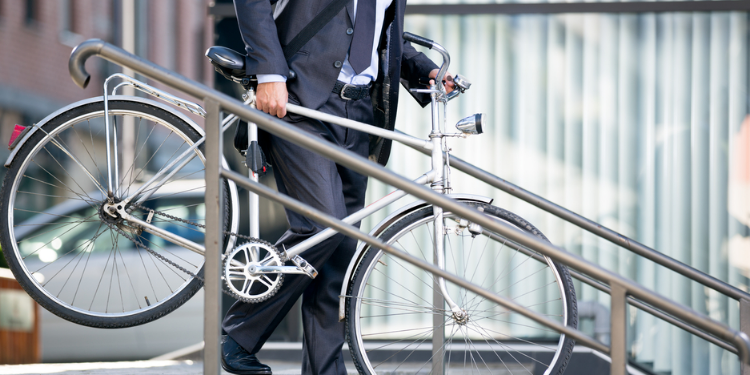
What measures are being implemented to fight against global warming? Summer is closing in on Japan and its government is trying hard to reduce the emission of greenhouse gases. From the Japanese "Cool Biz" to the Brazilian "green city", what are some of the best, most practical or most unusual measures around the world?
Japan
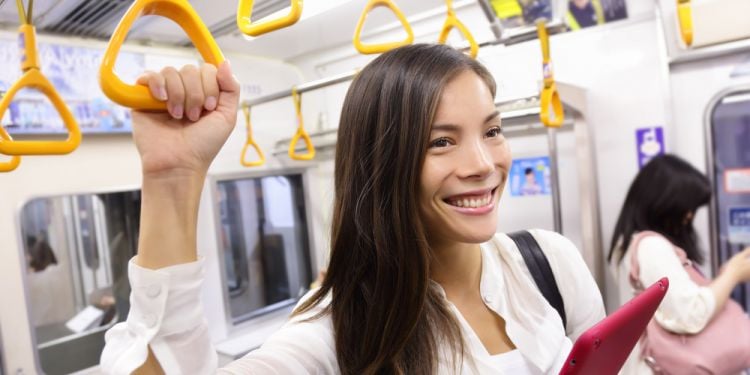
On the 7th of May, the Japanese find their way back to business after a special ten-day holiday. And this coincides with the beginning of the ‘Cool Biz' period. Launched in 2005, it allows employees to dress-down for work.
During this period, employees are exceptionally exempted from the traditional suit and tie. A few companies even allow fully casual wear such as sandals and shorts. Far from being anecdotal, this policy has a real impact. Japan's hot and humid summers lead to an increase in greenhouse gas production due to the massive use of air conditioning. Removing layers of clothing is, therefore, a way to fight against energy waste.
Denmark
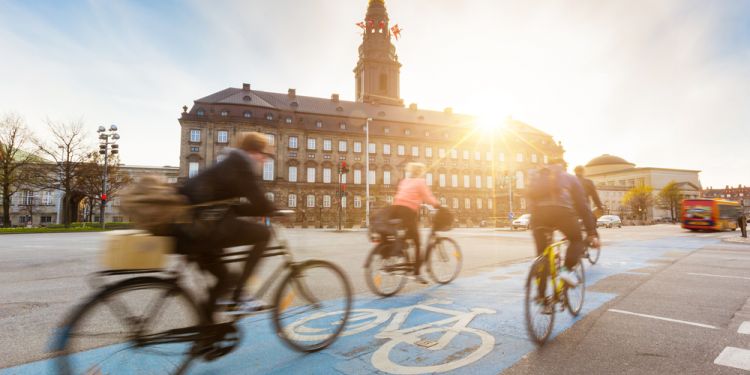
It's the "Cool Biz" transport version. Indeed, in Denmark, commuters are encouraged to trade their cars for a lighter equipment: the bike. It promotes healthy living and is beneficial to both the economy and the environment. More than 60% of the inhabitants of Copenhagen, Denmark's capital city, cycle instead of using private cars or public transport. Members of parliament have also adopted this means of transport and the traditional official car has been replaced by an official parliamentary bicycle. Denmark's state has invested massively into building the right infrastructure for this bicycle revolution.
Brazil
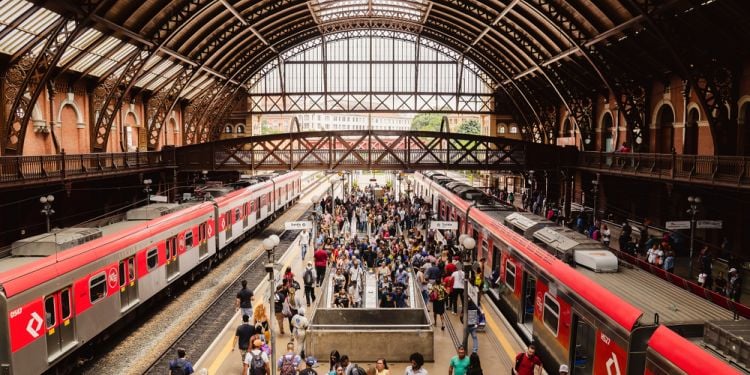
Transport is also at the heart of Brazil's strategy to fight global warming. Nicknamed the "green city", Curitiba has declared war against the car and it being a symbol of social success. In this city, it is public transport that is the symbol of success, and the way to boost the economy, to fight against inequalities and pollution. The city has developed an efficient network of public transport although the model remains fragile.
United Kingdom
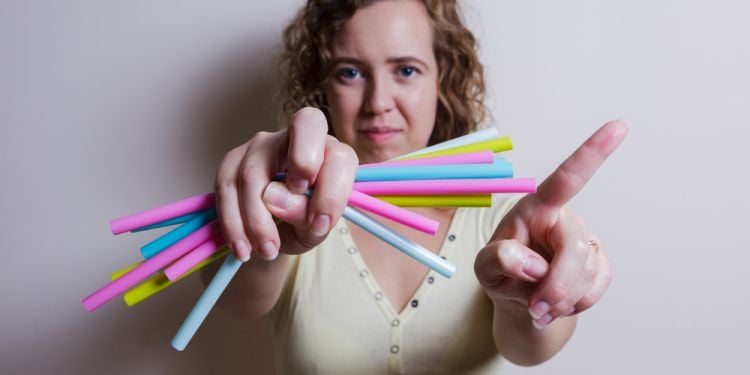
In the United Kingdom, it is plastic- and particularly plastic straws that enters the heart of concerns. From restaurants to fast food, to single-family houses, straws are everywhere. Even Queen Elizabeth II has spoken out about this ‘plastic epidemic'. An "anti-plastic common front" was born with the aim to unite several industries to eliminate straws, and ultimately replace all plastic packaging by environmentally friendly materials.
South Korea

It is no secret that South Korea faces large-scale air pollution. And the government's solution is to wash it all away with rain. An artificial rain. The idea that is surprising but not new. The aim is to trap fine particles, and clean the air. However, experts remain cautious of the effectiveness of this measure



















